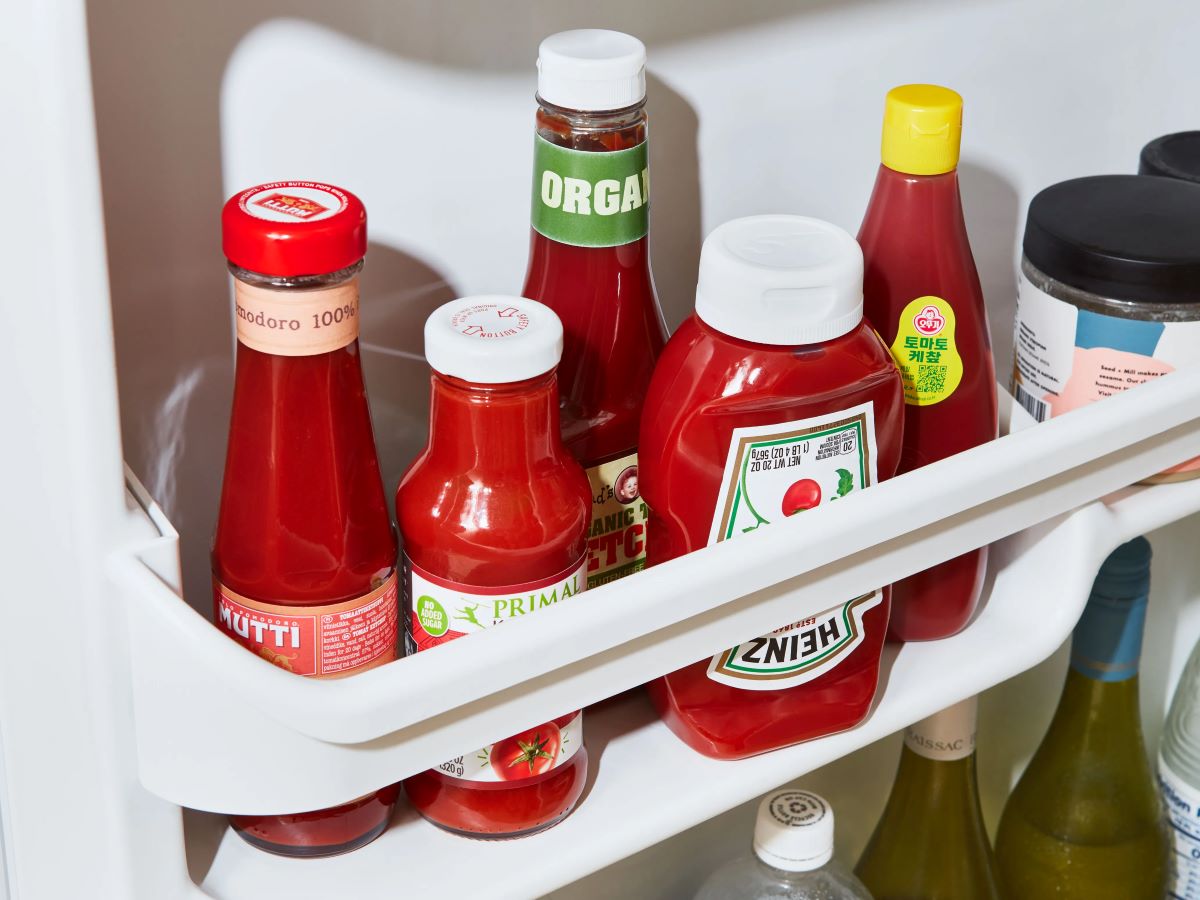

Articles
How To Store Ketchup
Modified: December 7, 2023
Learn how to properly store ketchup to maintain its freshness and flavor. Read our informative articles on best storage practices and tips.
(Many of the links in this article redirect to a specific reviewed product. Your purchase of these products through affiliate links helps to generate commission for Storables.com, at no extra cost. Learn more)
Introduction
Ketchup is a staple condiment in many households, loved for its tangy and sweet flavor that complements a wide range of dishes. Whether you enjoy it on burgers, fries, or as a dip for your favorite snacks, it’s essential to store ketchup properly to maintain its freshness and quality. In this article, we will explore different methods of storing ketchup, including at room temperature, in the refrigerator, and even freezing it. We will also discuss the importance of properly sealing ketchup bottles to prevent spoilage. By following these guidelines, you can ensure that your ketchup stays delicious and ready to enhance your favorite meals.
Key Takeaways:
- Properly sealing ketchup bottles and storing in a cool, dry place ensures its freshness and prevents spoilage. Refrigeration and freezing also extend its shelf life, providing options for long-term storage.
- Whether at room temperature, in the refrigerator, or frozen, ketchup can be stored effectively with proper sealing and attention to expiration dates. Following best practices ensures delicious, safe-to-consume ketchup for an extended period.
Read more: How To Store Ketchup After Opening
Storing Ketchup at Room Temperature
Many individuals prefer to store their ketchup at room temperature for easy accessibility and convenience. Keeping ketchup on the kitchen counter or in the pantry is a common practice, especially for those who regularly use it and go through bottles quickly.
When storing ketchup at room temperature, it is important to choose a cool and dry location away from direct sunlight. Excessive heat and sunlight exposure can cause the ketchup to degrade, lose its flavor, and spoil more quickly. Therefore, avoiding placing it near stovetops, ovens, or windows is highly recommended.
Additionally, make sure to check the expiration date on the ketchup bottle before storing it at room temperature. Most commercially produced ketchups have a shelf life of around 1 to 2 years, but it is always best to consume it within the designated period to ensure its quality.
It is crucial to store ketchup bottles properly to prevent the growth of bacteria or molds. After each use, tightly close the bottle’s cap or lid to minimize air exposure. This helps maintain the ketchup’s freshness and prevents contamination. If the original cap is lost or damaged, transferring the ketchup to an airtight container can also be an effective alternative.
While storing ketchup at room temperature is generally safe, it is important to note that the condiment may lose its potency faster than when refrigerated. For individuals who rarely use ketchup or have concerns about its freshness, refrigeration might be a better option. Nevertheless, if properly stored, ketchup can stay good at room temperature for a considerable period.
Refrigerating Ketchup
If you prefer to maximize the shelf life of your ketchup and ensure its freshness for a longer period, refrigeration is a great option. Storing ketchup in the refrigerator helps slow down the degradation process and maintains its quality.
When refrigerating ketchup, there are a few guidelines to keep in mind. First, always check the label for any specific instructions from the manufacturer regarding refrigeration. While most commercially produced ketchups can be refrigerated without any issues, it’s a good idea to double-check.
Once confirmed, transfer the opened ketchup bottle to the refrigerator. Place it on a shelf where it is easily accessible but away from raw meats and other foods that may contaminate it. Make sure to keep it sealed tightly to prevent odors from other foods from being absorbed and affecting the ketchup’s taste.
Refrigerated ketchup can generally remain good for several months beyond the expiration date stated on the bottle. However, it is still essential to periodically check for signs of spoilage such as changes in color, texture, or an off odor. If you notice any of these indications, it’s best to discard the ketchup.
It is worth noting that refrigerated ketchup may appear thicker or develop a partial separation of liquid and solids over time. This is a natural occurrence due to the cold temperature, and it can be easily remedied by giving the bottle a good shake before use.
Remember that refrigerating ketchup is optional, and if you constantly use it and go through bottles quickly, you may find storing it at room temperature more convenient. However, refrigeration does provide the benefit of extended freshness, particularly for those who use ketchup less frequently or wish to stock up in advance.
Freezing Ketchup
Did you know that you can freeze ketchup to extend its shelf life even further? Freezing can be a viable option if you have an excess of ketchup or want to stock up during a sale. Freezing can help preserve the flavor and freshness of ketchup for an extended period.
Before freezing ketchup, it’s important to consider the container it’s stored in. Glass bottles may crack or shatter in the freezer due to the expansion of liquid, so it’s best to transfer the ketchup to a freezer-safe container. Plastic containers or freezer bags are excellent alternatives as they can withstand the freezing temperatures without any issues.
Pour the ketchup into the chosen freezer-safe container, leaving some space at the top for expansion during freezing. Seal the container tightly to prevent freezer burn or other odors from affecting the ketchup.
Label the container with the date of freezing to keep track of its shelf life. Ketchup can generally be stored in the freezer for up to 6 months, but it is best to consume it within 3 to 4 months for optimal flavor.
When you’re ready to use the frozen ketchup, transfer it to the refrigerator to thaw slowly. Allow it to defrost overnight or for a few hours until it reaches a pourable consistency. Avoid microwaving the frozen ketchup directly, as it may result in uneven thawing and affect its texture.
After thawing, give the ketchup a good stir to ensure it is well mixed. The texture may be slightly different from freshly opened ketchup, but it should still be suitable for use in various recipes and as a condiment.
It’s important to note that freezing may cause some slight changes in the consistency of ketchup, such as separation or a slightly different texture. However, these changes do not affect the taste or safety of the condiment.
Freezing ketchup is a fantastic way to preserve it for an extended period, allowing you to enjoy its delicious flavor even when you have an excess supply.
Store ketchup in the refrigerator after opening to maintain its quality and prevent spoilage. Keep it in the original bottle or a sealed container to preserve its flavor and freshness.
Properly Sealing Ketchup Bottles
Properly sealing ketchup bottles is essential to maintain the freshness and prevent spoilage. When air enters the bottle, it can speed up the degradation process and lead to a decrease in the ketchup’s quality. Fortunately, there are a few simple steps you can take to ensure your ketchup bottles are sealed properly.
First, it’s crucial to make sure the bottle’s cap or lid is tightly closed after each use. This prevents air from entering and allows the ketchup to stay fresh for a longer period. Take a moment to firmly twist the cap or lid until it is secure before storing the bottle.
If the original cap or lid is lost or damaged, it is important to find a suitable replacement. Look for caps or lids that are specifically designed for storing condiments and provide a tight seal. Many kitchen supply stores offer replacement caps that fit standard ketchup bottles. Alternatively, you can transfer the ketchup to an airtight container that has a secure lid or cap.
Additionally, ensure that the ketchup bottle itself is clean and free from any residue or spills on the rim. Wipe it with a clean cloth or damp paper towel before sealing it to avoid any contamination. This helps maintain the quality and flavor of the ketchup and prevents any unwanted bacteria or molds from developing.
When pouring the ketchup, try to avoid directly touching the tip of the cap or lid with dirty utensils or hands. This can introduce bacteria and affect the ketchup’s freshness. Instead, use clean utensils or pour the desired amount into a separate dish to avoid any cross-contamination.
Properly sealing ketchup bottles is a simple yet essential step in preserving the condiment’s quality. By ensuring a tight seal and maintaining cleanliness, you can enjoy fresh and flavorful ketchup with every use.
Read more: How To Clean Ketchup Out Of A Carpet
Best Practices for Storing Ketchup
To ensure your ketchup stays fresh, flavorful, and safe for consumption, it’s important to follow some best practices for storing it. By implementing these practices, you can maximize the shelf life of your ketchup and maintain its quality for an extended period.
Keep ketchup away from direct sunlight and excessive heat. Exposure to sunlight and high temperatures can cause the ketchup to degrade more quickly, impacting its flavor and texture. Store it in a cool and dry place, such as a pantry or kitchen cabinet, to minimize these effects.
Check the expiration dates on ketchup bottles before purchasing or using them. Manufacturers provide these dates as a guideline for the condiment’s freshness and safety. While ketchup can often be consumed even beyond its expiration date, it’s still best to use it within the recommended timeframe to ensure optimal quality.
Always ensure that the cap or lid of the ketchup bottle is tightly closed. This prevents air from entering and compromising the ketchup’s freshness. If the original cap is lost or damaged, replace it with a suitable alternative or transfer the ketchup to an airtight container.
Refrigerate ketchup if you prefer a longer shelf life and maximum freshness. While storing ketchup at room temperature is common, refrigeration can help extend its longevity. Make sure to place it on a shelf away from raw meats and seal it tightly to prevent any odors from affecting the ketchup’s flavor.
If you have an excess supply of ketchup or wish to stock up, consider freezing it. Transfer the ketchup to a freezer-safe container, leaving room for expansion, and label it with the freezing date. Frozen ketchup can stay good for several months, providing you with a backup supply when needed.
Periodically check the ketchup for signs of spoilage. Changes in color, texture, or an off odor are indications that the ketchup may have gone bad. If you notice any of these signs, it’s best to discard the ketchup and replace it with a fresh bottle.
By following these best practices, you can ensure that your ketchup remains delicious, safe to consume, and ready to enhance your favorite meals.
Conclusion
Properly storing ketchup is essential to maintain its freshness, flavor, and quality. Whether you choose to store it at room temperature, in the refrigerator, or even freeze it, there are several guidelines you should follow to ensure optimal results.
Storing ketchup at room temperature is convenient for easy access, but take care to keep it in a cool and dry location away from direct sunlight. Refrigeration can extend the shelf life of ketchup, but be sure to tightly seal the bottle to prevent odors from other foods. Freezing ketchup is a great way to preserve it for an extended period, but remember to transfer it to a freezer-safe container and label it with the date of freezing.
Properly sealing ketchup bottles is crucial to maintain freshness and prevent spoilage. Always ensure the cap or lid is tightly closed, and transfer the ketchup to an airtight container if needed. It’s important to periodically check for signs of spoilage and discard any ketchup that has changed in color, texture, or odor.
By following these best practices, you can enjoy fresh, flavorful, and safe-to-consume ketchup for an extended period. Whether you love ketchup on burgers, fries, or as a dip, adhering to these storage guidelines will ensure that your favorite condiment is always ready to enhance your meals.
So, the next time you reach for the ketchup bottle, remember to store it properly and enjoy its tangy and sweet goodness to the fullest!
Frequently Asked Questions about How To Store Ketchup
Was this page helpful?
At Storables.com, we guarantee accurate and reliable information. Our content, validated by Expert Board Contributors, is crafted following stringent Editorial Policies. We're committed to providing you with well-researched, expert-backed insights for all your informational needs.

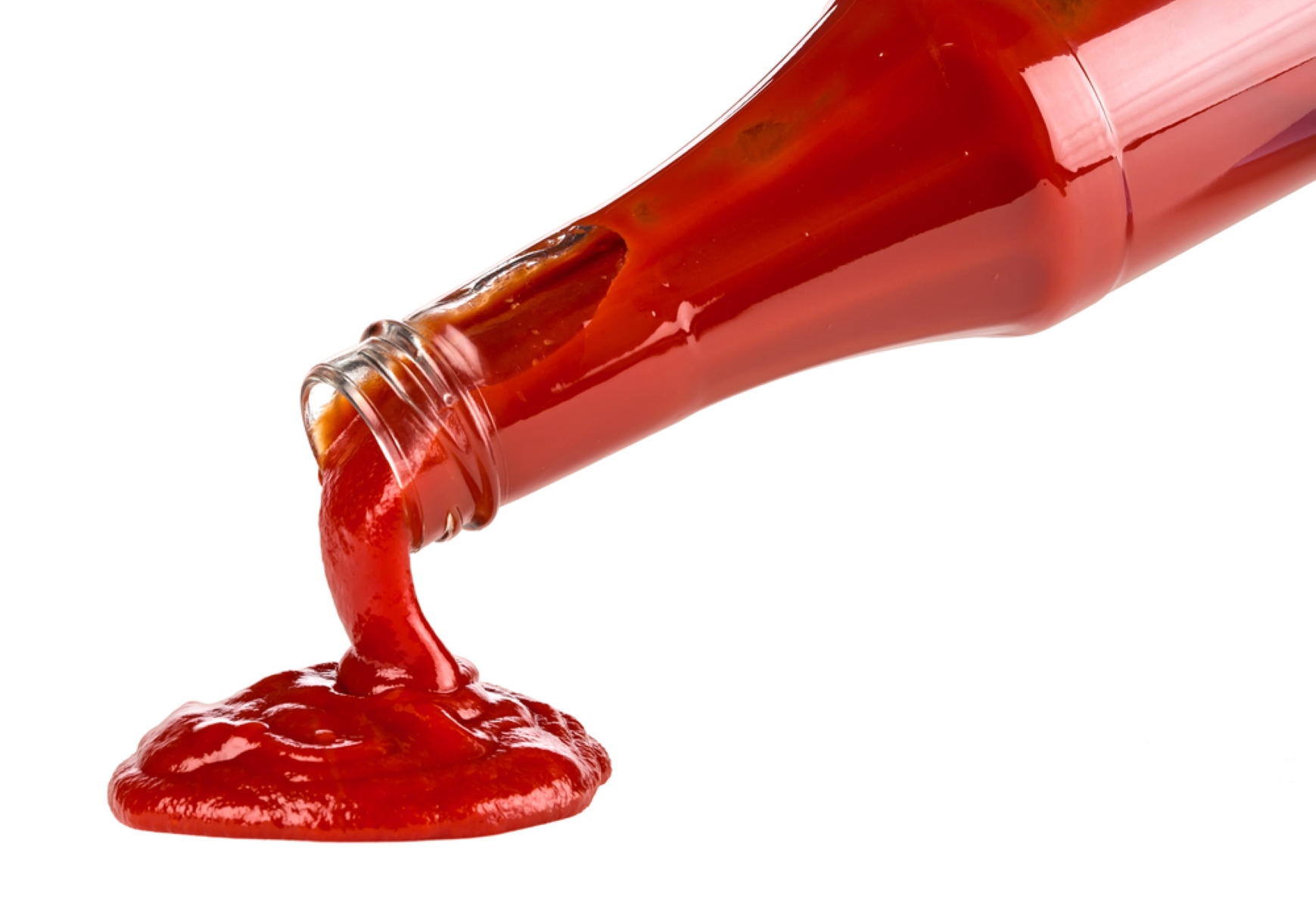
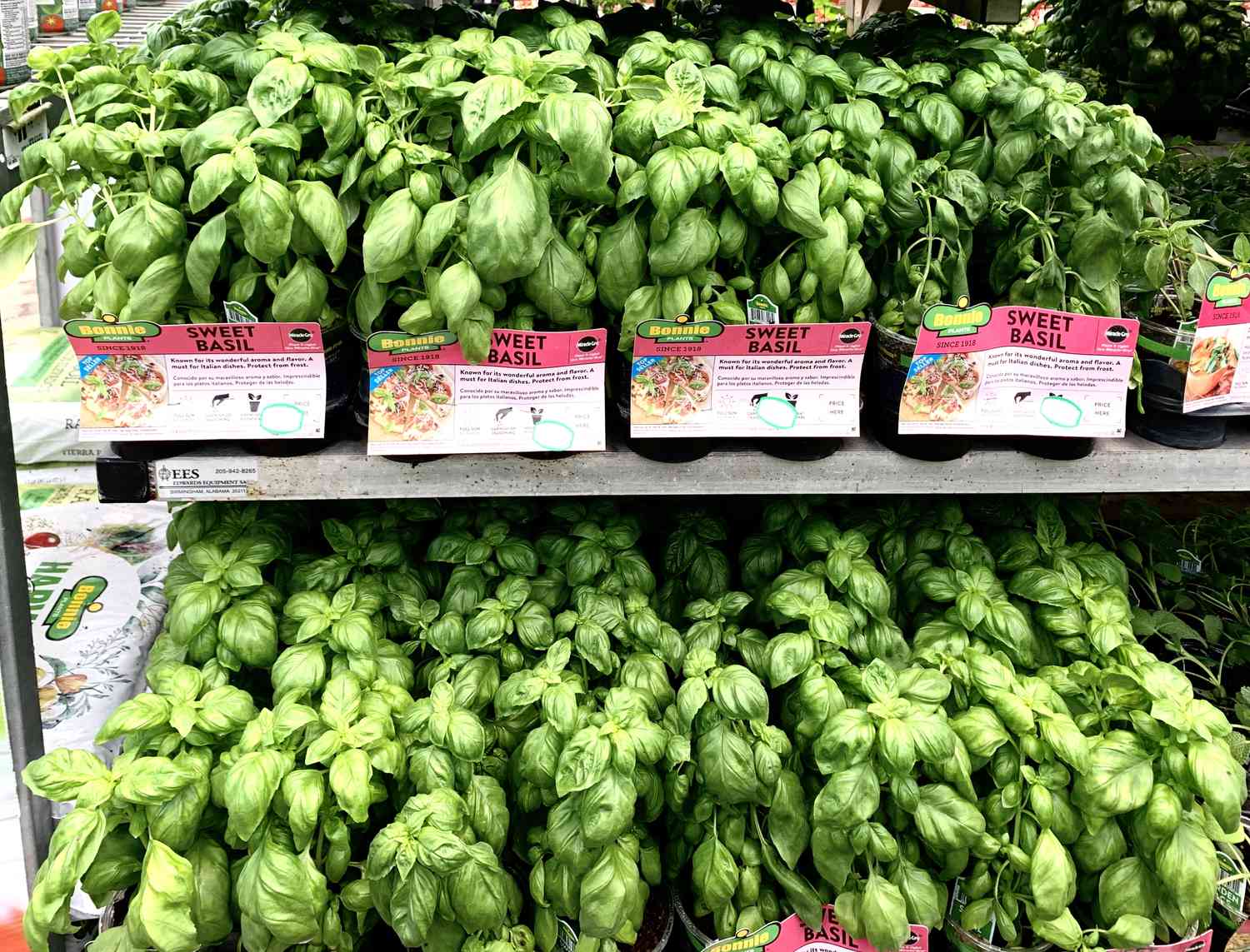
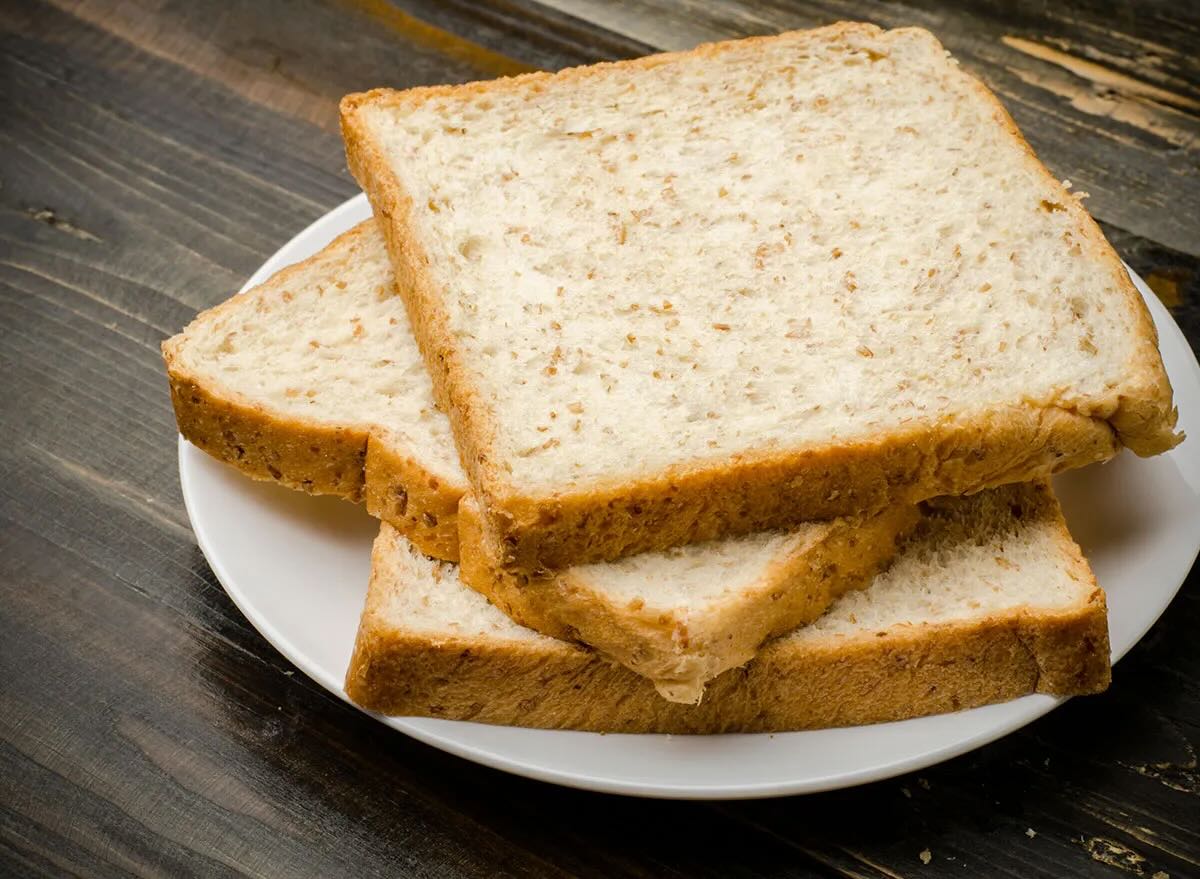
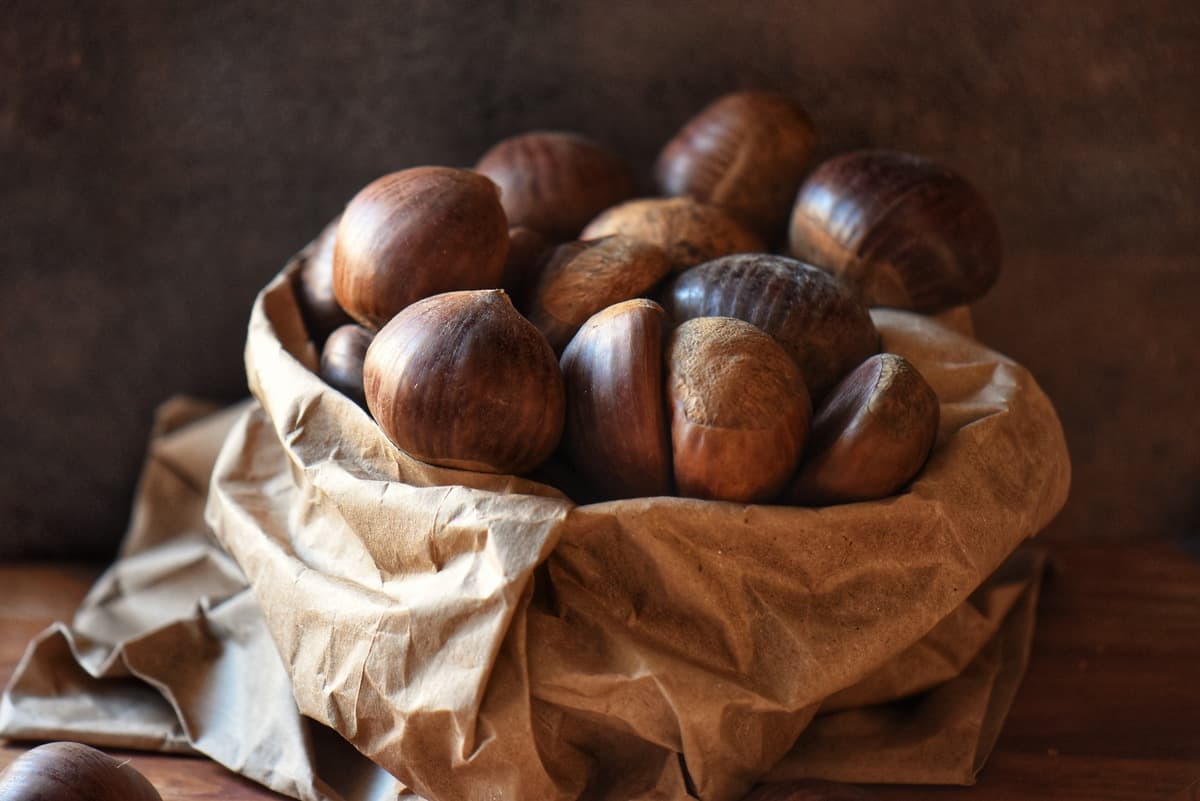
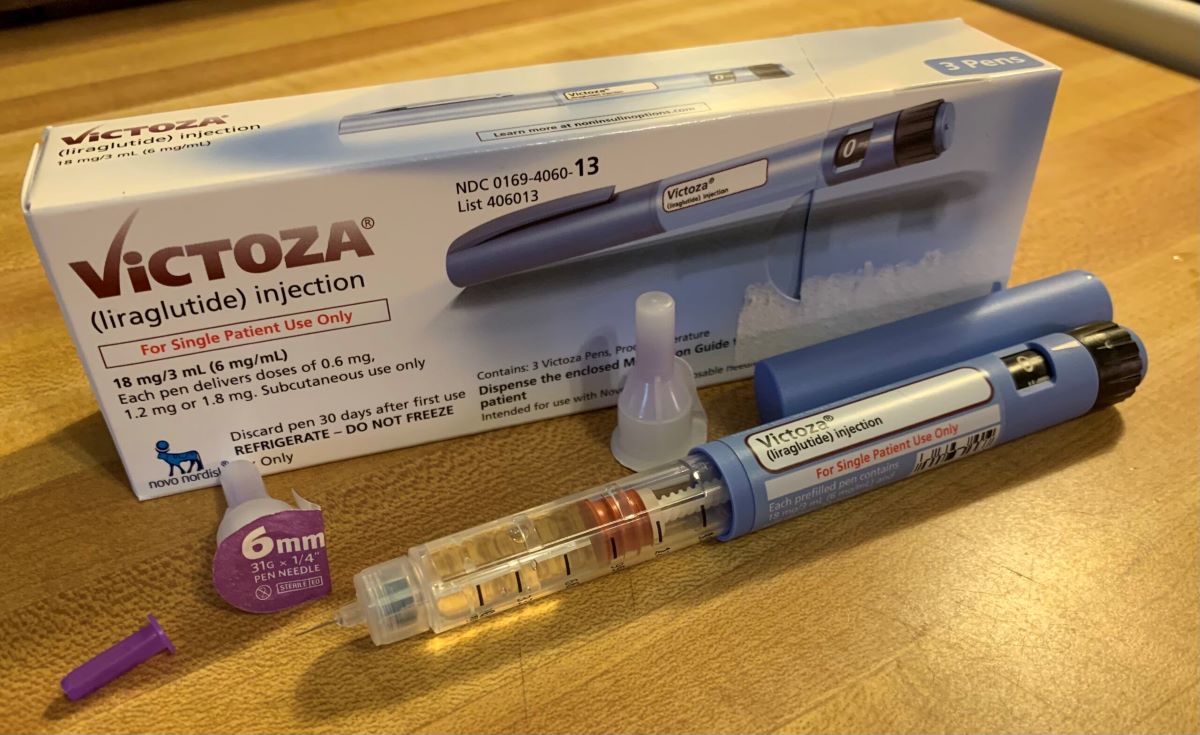




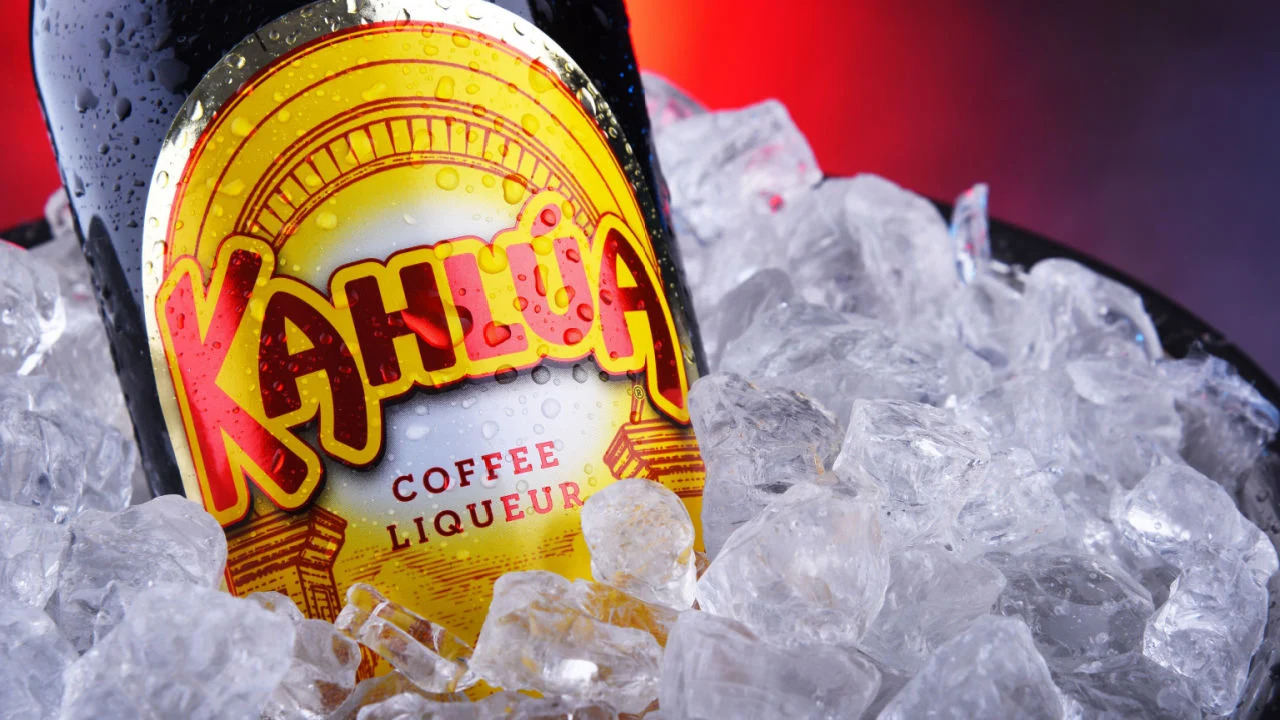
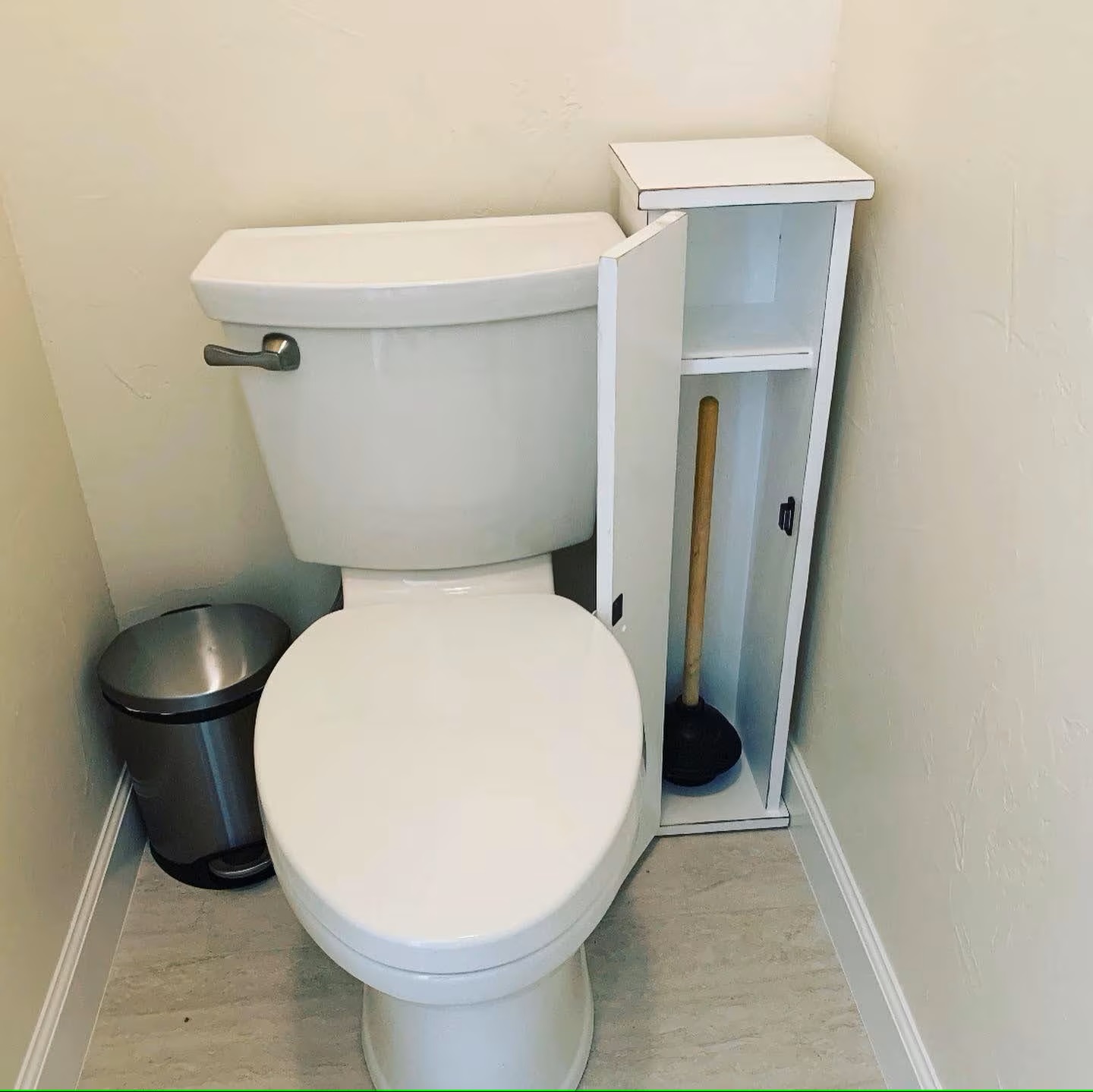
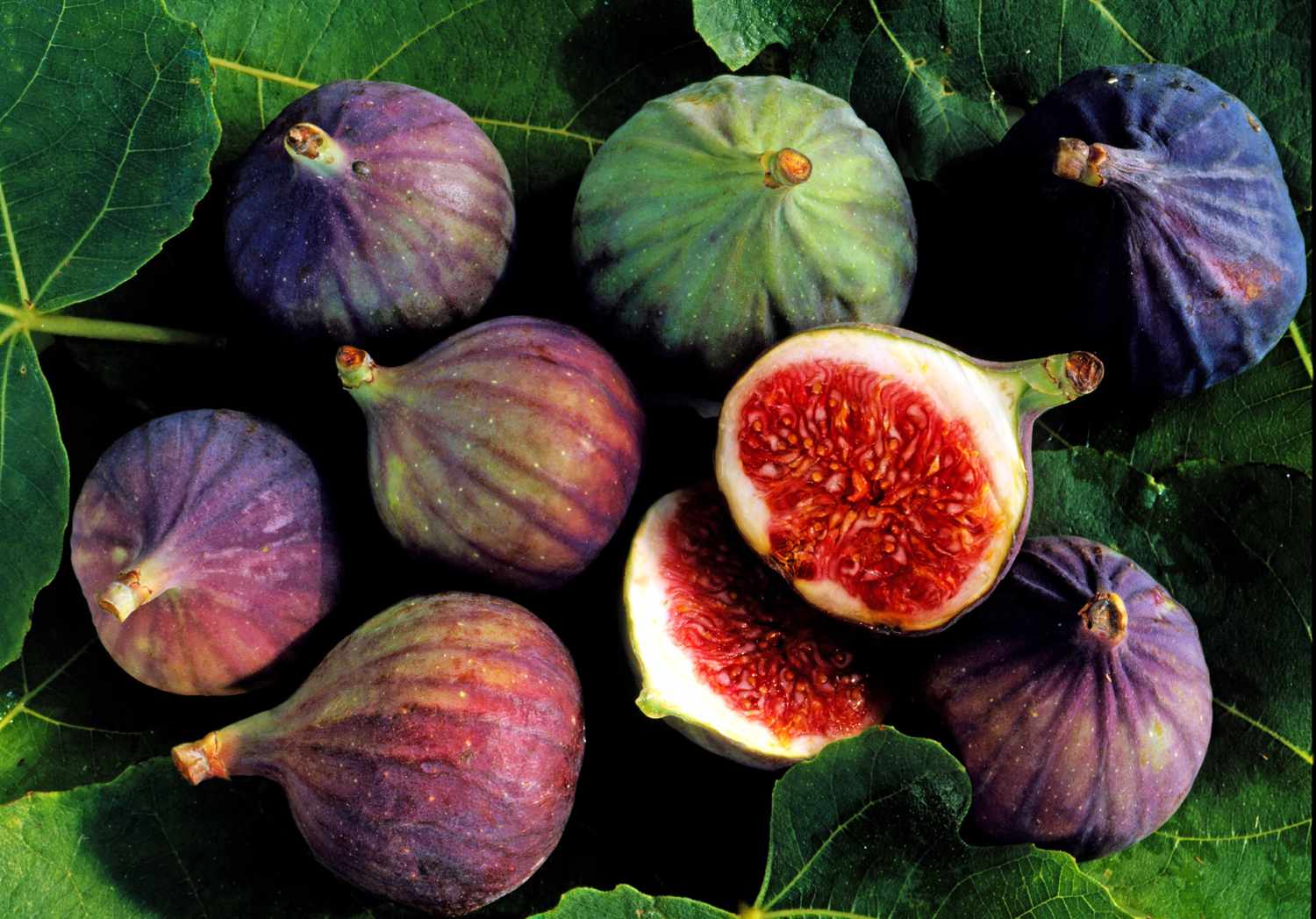
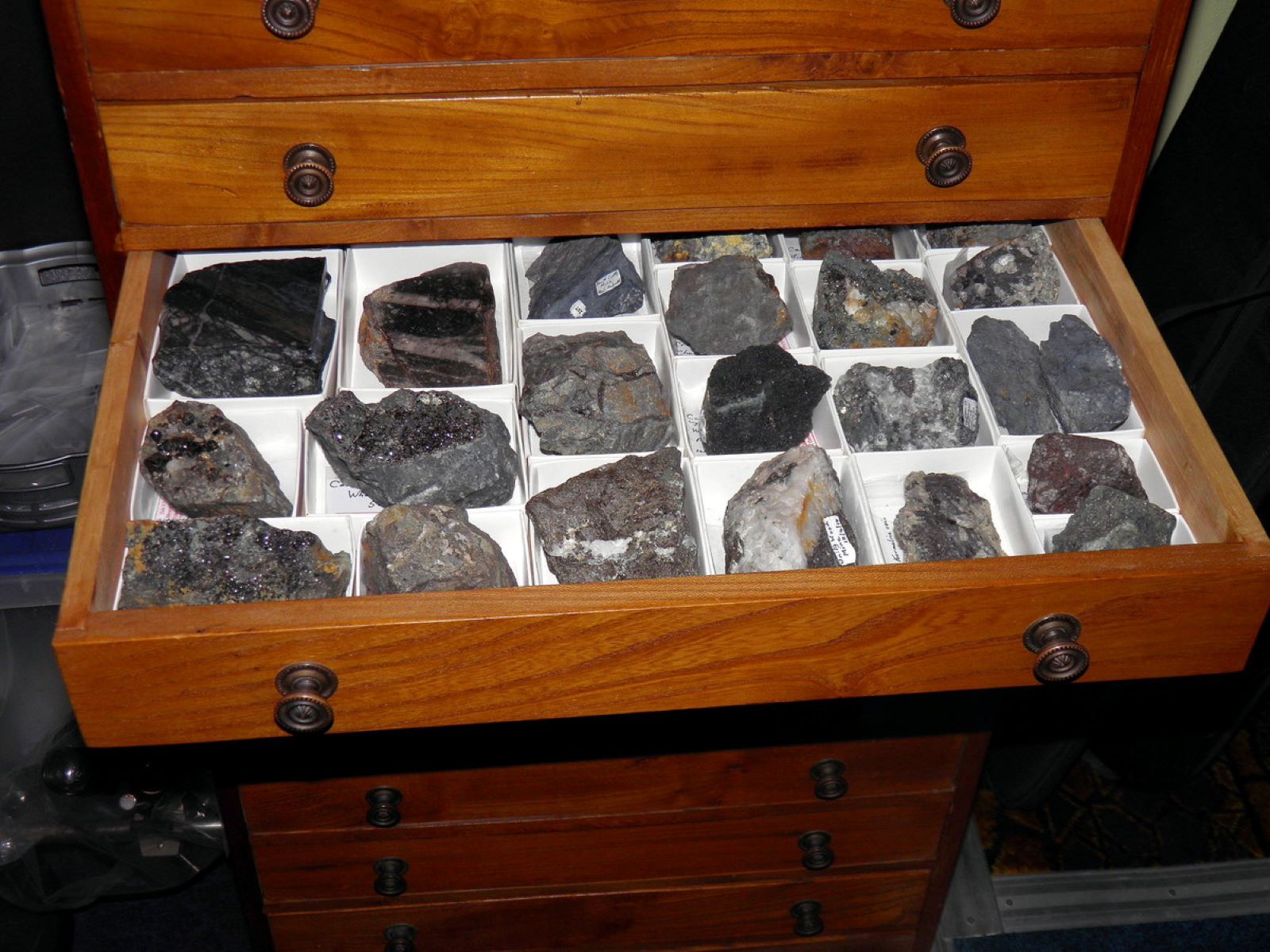

0 thoughts on “How To Store Ketchup”